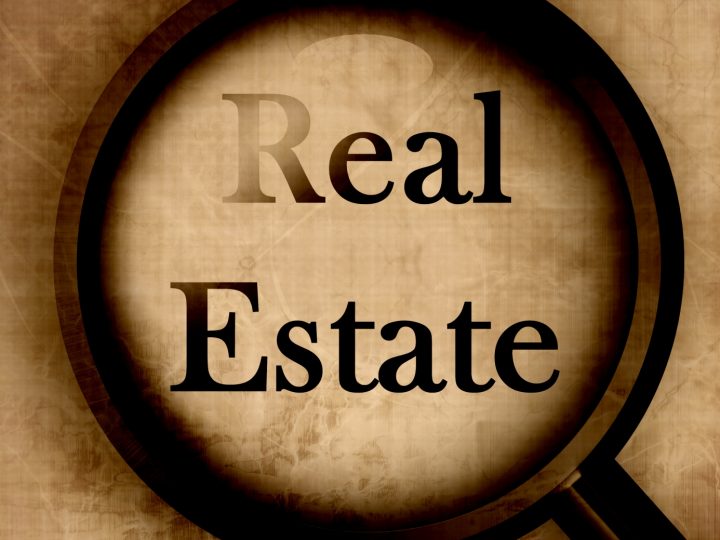

Closing Costs Breakdown
The numbers involved with the closing of a home loan can be daunting. We’re here to explain the fees and longterm payments that come along with closing a mortgage.
Down Payment
This is the step that will likely need you to spot the most cash up front. Down payments usually range from 15%-20% of the homes price and you pay them to the house’s seller.
Some people qualify for loans that do not require a down payment. One example being veterans who qualify for Veteran’s Affairs loans.
The majority of homebuyers will be better off with a higher down payment of 20%. This will assure the lender that you are committed to paying off the loan, saving you from paying extra fees.
Lender Fees
Yes, fees. There are fees attached to mortgage agreements with down payments of less than 20%. The smaller your down payment, the higher the fees will likely be at closing.
Here is a list of fees that could be with any given mortgage provided by Kristin Wong of Lifehacker:
Discount Points: The amount you pay for a lower interest rate.
Origination Points: A mortgage broker fee.
Application Fees: The fees associated with processing your loan request.
Processing Fee: Fees for gathering and submitting your loan application.
Credit Report Fee: A fee to cover the cost of pulling your credit report.
Appraisal Fee: Pays for the independent appraisal of your home.
Survey Fee: If a survey is required, the lender will charge you for it.
Courier Fee: This fee might be included in the processing fee. Basically, the cost of using couriers to deliver documents.
Flood Certification Fee: The cost of determining if your home is located in a flood zone.
Tax Service Fee: The cost of verifying your property tax payment was correctly credited.
Administration Fee: Charges for underwriting and/or document preparation.
Wire Transfer Fee: The cost of wiring funds to an escrow company.
PMI Application Fee: If you have to pay private mortgage insurance, this is the fee for processing the paperwork.
Commitment Fee: A fee to lock in a rate.
Inspection Fee: A charge for any required inspection.
Taxes
Some lenders will also ask that you provide a year’s taxes up front at the closing of your new home.
You may open an escrow account with money that your lender will use to pay your property taxes and mortgage insurance.
Global Post provides a concise explanation of the purpose of escrow accounts:
“If your mortgage lender pays your property taxes and homeowners insurance bill for you each year, you’ll have an escrow payment attached to your regular mortgage payment. This means that you pay a little extra each month so that you don’t have to worry throughout the year about saving the money needed to pay your property taxes and homeowners insurance.”
Insurance
Private mortgage insurance: this is a policy used to protect your lender in case you default on your loan payments. The size of your down payment will impact the premium you pay each month on this policy.
For example, a lower down payment on a house is associated with a higher degree of risk. Thus, the amount of insurance you pay to protect your lender will charge a higher annual rate.
Homeowner’s insurance: this is another component of closing a house that you pay throughout the ownership of your home. You can only forego paying for homeowner’s insurance when you own your home outright. But even that would be a risky move. If you don’t own your home outright, your lender will mandate that you buy a homeowner’s insurance policy.
Private mortgage insurance protects the lender. Homeowner’s insurance protects the owner (you) from the unavoidable perils of life. Trees falling, fires, storm damage, the list goes on.
Both of these payments come out of the escrow account you hold with your lender.




